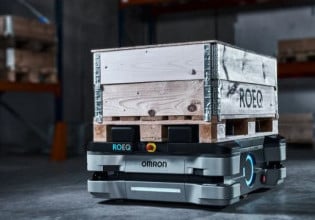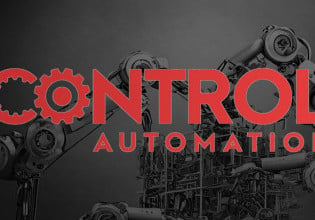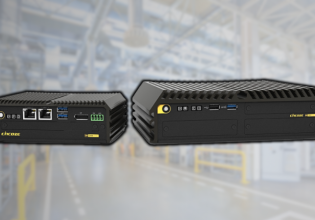A
we have modbus over ethernet connection between yokogawa DCS and unknown SCADA system and Wonderware historian.
The problem is most of the time communication is okay but it frequently dies for unknown reason and gives communication errors and no data.
Does anyone have any solution or info?
The problem is most of the time communication is okay but it frequently dies for unknown reason and gives communication errors and no data.
Does anyone have any solution or info?






